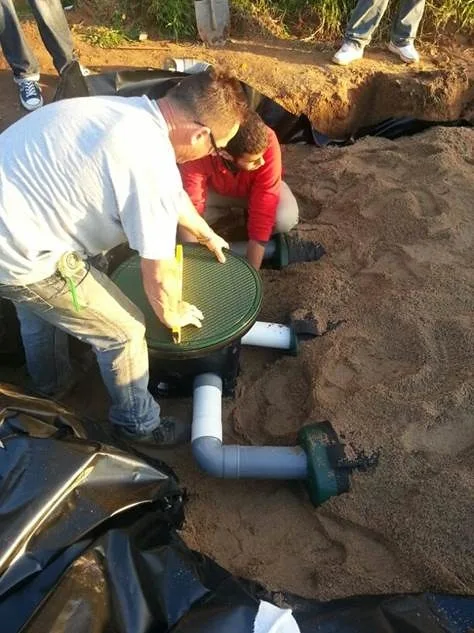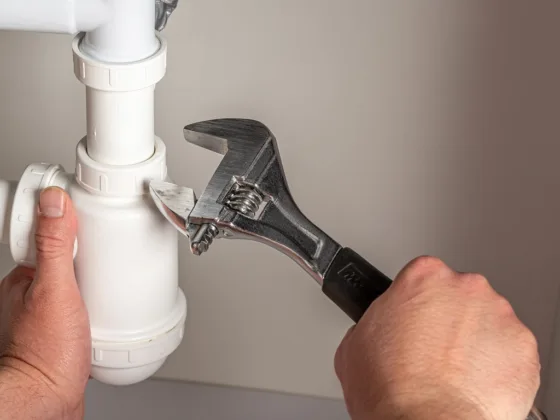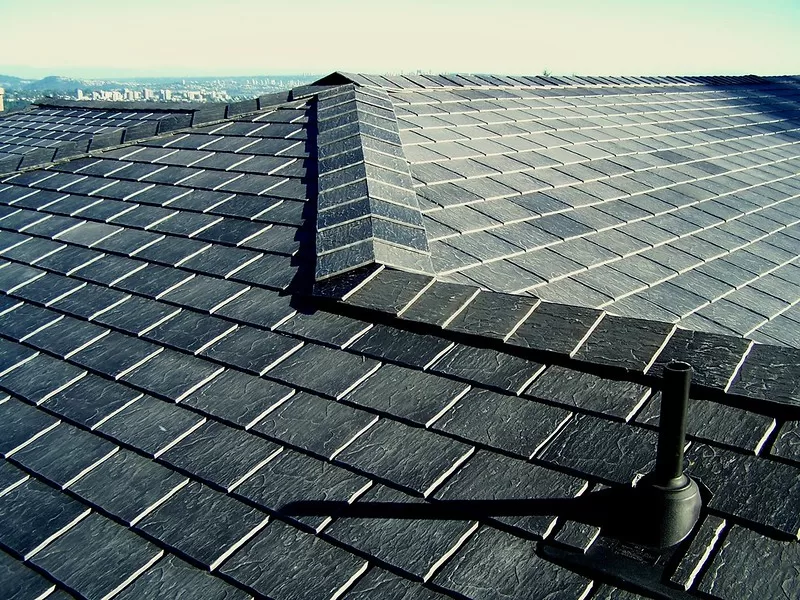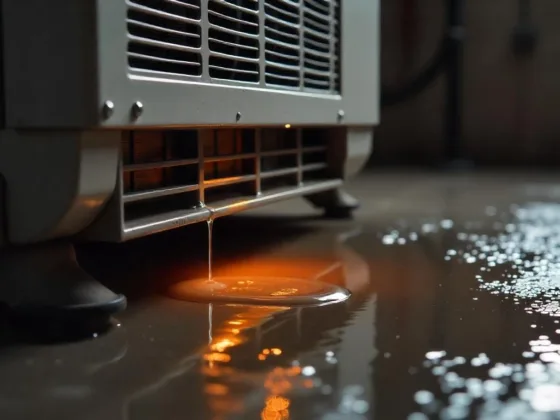Regardless of whether you’re emptying your septic tank for a typical household or a business premise, the standard schedule to pump your tank is three to five years.
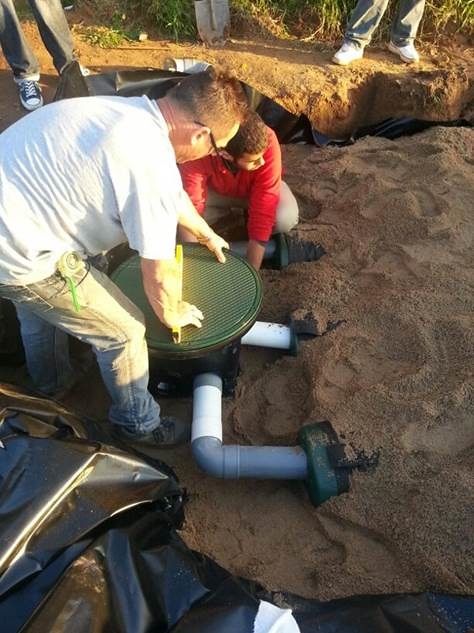
However, regular pumping and emptying of your septic tank prevent expensive expenses such as clogs, mainly due to sewage backing up into your property. Moreover, if you still wonder, “how often should a septic tank be pumped?” then read on. Some of the considerations for finding answers include:
Why Should You Clean Your Septic Tank?
Unlike other components of your house, such as sewer lines which you clean to conserve water and prevent the growth of harmful elements like mold, cleaning or emptying your septic tank serves a better purpose.
This is because when you flush your toilets, shower, or run washing machines, water and waste go to the septic tank. The tank then holds the dirty water and other debris, but because only the liquid parts of the garbage can be quickly emptied, the solid parts sink to the bottom of the tank and get stuck.
When the waste breaks down, it turns into sludge or slime-like materials. Therefore, emptying and pumping the tank removes the slime and sludge-like materials, thus preventing it from getting full, adversely affecting its functionality.
Additionally, sludge and slim can overflow into your compound, especially the yard leading to the breakout of waste-borne infections.
How Frequently Should You Clean and Empty Your Septic Tank?
Regardless of the standard time of three to five years, your pressing needs, such as keeping your surroundings clean and preventing waste-borne diseases, are factors to consider for routinely emptying and cleaning your tank.
Other factors are the size of the tank, the size of your home, and the number of people living within. Additionally, consider the amount of waste your household produces and whether you prevent the breakout of infections by using enzymes and bacteria in your tank. When you put these factors and more into considerations, determining the frequency of cleaning and cleaning your tank becomes easy.
Read Also:
How to Know When Your Tank Needs Cleaning and Emptying
Besides wanting to keep your family safe from infections and clean your surroundings, the tank itself might show signs demanding cleaning and emptying. Some of those signs include:
- Draining: Draining begins slowly, especially when you notice water puddling around your feet in the shower or sink.
- When you Smell Pungent Odors: Although not all foul odors are due to a full septic tank because mold also smells terrible, highly pungent smells mean the tank is the problem.
This happens especially when the tank is full. You might smell odors around the tank, around the yard, and sometimes inside pipes running within the house.
- Overflowing: When your septic tank fills up without being pumped after some time, the waste decomposes and produces liquid that overflows.
You’ll identify this by seeing puddles or pooling water and debris in your yard and around the tank. Also, another sign is stagnant water within your area close to the tank.
Where Does the Content of Your Pumped and Cleaned Septic Tank Go?
Where the content of your cleaned and pumped septic tank goes depends on factors such as the kind of waste cleaned, your state laws regarding septic tank waste disposal, and more.
As such, sometimes the waste goes straight to authorities permitted to collect and dump it. Waste is buried or dumped on set aside dumpsites when this happens.
The state government designed these sites, and hazardous health areas are set aside to help the public from contracting waste-borne infections.
On the other hand, specific federal state laws ask you to give your septic tank content to waste treatment plants. When this happens, the waste is added to stew piped sewer treatments for septage systems used for different purposes, including treatment in cesspools and more. Unlike other waste treatment options, septage is an excellent consideration, mainly because it reduces environmental pollution.
The same also boosts health in ways including preventing waste-borne infections. By employing septage, your septic tank waste is released into the environment, which improves the surroundings’ health, thus reducing pollution and water loss, especially losses induced by water pollution. On top of that, other benefits of using septage waste treatments include:
- Reduced Water Bills- Unlike other waste treatment options, septage is directly connected to your home’s water systems, thus reducing other bills, including water.
This is because pumping water into the system when cleaning the tank also transports water into other pipes, meaning you won’t need to pay for water to be pumped into your house again.
- It’s Less Wasteful- When using modern septage systems, waste is more thoroughly cleaned than waste treatment lines.
At the same time, water is sparingly used compared to treatment lines, where you’ll need to use excess water to perfectly clean and pump waste from the tank.
